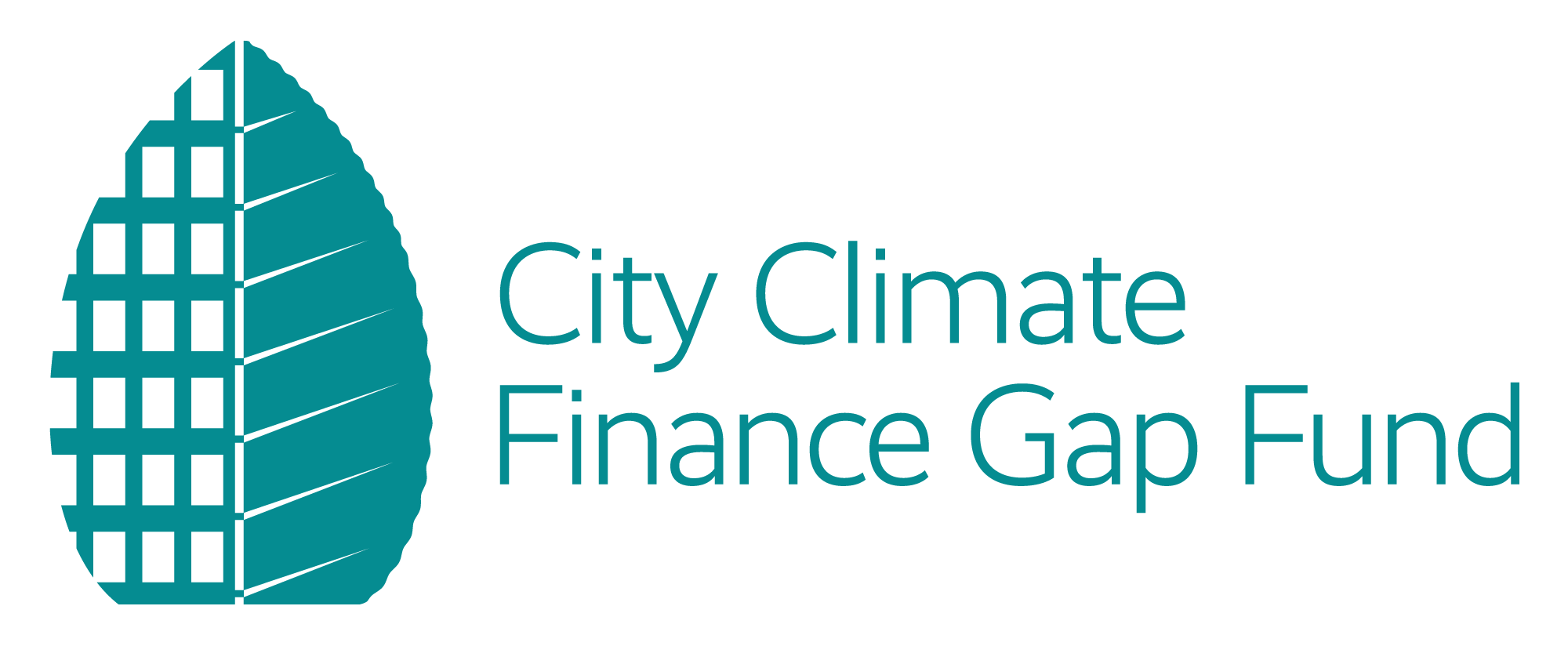Turning resilient low-carbon ideas into strategies and finance-ready projects
The Gap Fund helps cities in developing and emerging countries realize their climate ambitions, turning low-carbon, climate-resilient ideas into strategies and finance-ready projects.
In an environment where resources and expertise are limited, the Gap Fund supports cities and local governments in preparing and prioritizing climate-smart plans and investments with the goal of attracting more financing and support for implementation.
The Gap Fund at a glance
Over 1000
Expressions of Interests
received and analysed
Over 357
Cities approved
for Gap Fund support
Implemented by the World Bank and European Investment Bank, the City Climate Finance Gap Fund aims to help bridge the urban financing gap to achieve low carbon, climate resilient urbanization pathways.
Our mission
Cities are key to creating a climate-smart future. Over half the globe lives in cities, generating 80% of its total economic output and accounting for 70% of global CO2 emissions. While urbanization is a key driver of growth – unplanned, rapid urbanization and urban sprawl present a huge risk for increasing both greenhouse gas and vulnerability to climate change and other shocks.
Many developing countries are urbanizing faster than at any point in history. Africa’s urban land cover is predicted to increase by 700% between 2000 and 2030.
As many cities and local governments take steps to become low-carbon and climate-resilient, they face barriers in accessing finance as well as difficulties in planning and project preparation, due to insufficient capacity or resources — particularly in the early stages of the project cycle. An estimated $93 trillion of sustainable infrastructure needs to be built by 2030, and up to $4.5 trillion will be for project preparation.
The opportunity is now. Urbanization provides a once-in-a-lifetime opportunity to plan, develop, build, and manage cities that are simultaneously more ecologically and economically sustainable.
The City Climate Finance Gap Fund comes at a critical juncture in time where we face overlapping crisis a: a historic economic downturn, and a warming planet.
Cities house high concentrations of people and assets, and as a result they bear the brunt of climate, economic and health shocks. Vulnerable communities in densely populated informal settlements have a hard time rebounding from all types of shocks.
Global, national and local leaders, dwellers and financiers need to take this opportunity to reflect on how to plan, rebuild and reimagine cities to provide a healthy, vibrant and green future.
To learn more on how Gap Fund has supported cities, please watch the videos here.
The City Climate Finance Gap Fund (Gap Fund) is supported by Federal Ministry for Economic Affairs and Climate Action of Germany (BMWK) and Federal Ministry of Economic Cooperation and Development of Germany (BMZ), as well as Luxembourg’s Ministry of the Environment, Climate and Sustainable Development. Other partners include the Global Covenant of Mayors (GCoM), the Cities Climate Finance Leadership Alliance (CCFLA) and city networks including ICLEI Local Governments for Sustainability (ICLEI) and C40 Cities Climate Leadership Group.
The Gap Fund is implemented by the World Bank (WB) and European Investment Bank (EIB), in partnership with the Deutsche Gesellschaft für internationale Zusammenarbeit (GIZ).
